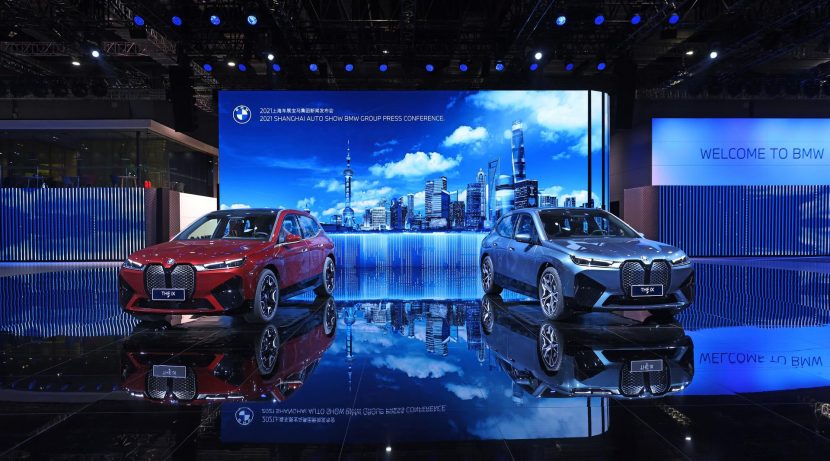BMW has revised its 2024 profit forecasts, citing a combination of a major vehicle recall and sluggish demand in China. The recall affects 1.5 million vehicles globally due to defective Integrated Braking Systems supplied by Continental, leading to costly warranty expenses and delays in deliveries. Around 320,000 cars remain undelivered as BMW works to resolve the issue. Meanwhile, weak consumer demand in China, despite government stimulus, has worsened the company’s outlook. BMW now expects profit margins to shrink to 6-7%, down from 8-10%, with a slight decrease in vehicle deliveries.
Brake Recall: How Faulty Systems Are Costing BMW Millions
The recall is especially costly, as BMW anticipates a significant financial hit in the third quarter of 2024, running into the hundreds of millions of euros. Though most vehicles with the brake issue can be fixed remotely, the halt in deliveries compounds the problem, leading to negative sales projections for the remainder of the year. This recall follows a similar situation last month in China, where BMW recalled 1.4 million vehicles due to faulty airbags.
Weak China Demand Hits BMW Hard

China’s economic slowdown has had a significant impact on BMW’s bottom line. Despite stimulus measures from the Chinese government, consumer demand in the world’s largest auto market remains subdued, further cutting into sales volumes for BMW. The company’s luxury and high-performance models, such as the Rolls-Royce and MINI brands, are also affected by these market conditions.
In the Motorcycles segment, BMW says that the ongoing competitive situation across core markets – including China and the U.S. – is having a major impact on volume and price realization. Deliveries to customers are now expected at prior year’s level. As a result of these dual pressures, BMW’s shares dropped nearly 8%, reflecting investor concerns about the company’s ability to recover from these challenges.
Looking forward, BMW aims to focus on resolving the brake issue quickly to minimize further financial damage and seek opportunities to stimulate demand in China and other markets.





































































